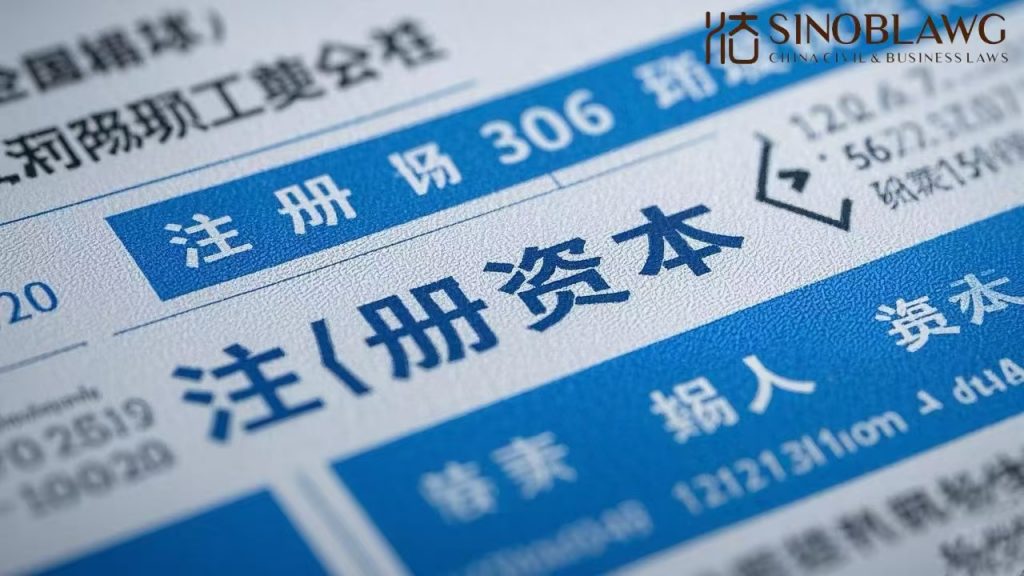As part of the China’s big promise of overall reforms, state cabinet announced “Plan on Reforming Registration System of Registered Capital (of Companies)” on February 14, 2014.
It is a significant move to inject vitality into Chinese ailing economy, as it lowers the threshold substantially for more ordinary people to embark on building their own business. As these reforms will also apply to foreign investments in China, it is important for you to learn something about it.
Before we go further, let me brief you about the concept of “registered capital”. Prior to these reforms, a registered capital is required to be specified in the company’s articles of association (in the case of foreign invested enterprises, in the joint venture contracts also), and the amount of the registered capital shall be paid up over a prescribed two years (generally initial 20% thereof shall be paid up upon issuance of incorporation certificate, and 15% for foreign invested enterprises/companies). The initially paid capital shall be deposited into an interim bank account and then be directed into the bank account opened by the company after incorporation. This capital can be used to fund the daily operation of the business.
Below is a summary of major changes brought about by the Plan.
(1) Changing current paid up regime to subscription/authorization regime
This is the most fundamental part of these reforms with others resulted from this change.
The current registered capital regime is as follows: for domestic companies, shareholders shall agree on a subscribed amount of registered capital among which 20% shall be paid up upon application for company registration and the remainder shall be paid up over a period of 2 years after incorporation; for a foreign invested enterprise or company, 15% initial capital shall be paid in and remainder paid over 2 years; for both domestic or foreign-invested companies, out of their registered capital, at least 30% must be paid or contributed in cash; in addition, a minimum registered capital of RMB 30,000 is prescribed for a general limited liability company, RMB 100,000 for a single-member limited liability company, and RMB 5,000,000 for joint stock company.
After the change, according to the Plan, the subscription or authorization regime works as follows: the shareholders shall in the articles of association of the company agree on the amount of registered capital, form of contribution (in cash or in kind) and time limit for contribution and etc. In other words, there are now no specific qualifications on contribution of registered capital that are left to full discretion of shareholders. However, given that there is little experience in drafting such clauses in a company’s articles of association, it is not clear what terms will be acceptable to registrar to company registry authority. For example, for the time of contributing the capital, is it possible to stipulate in the AOA that the capital will be paid in only upon a call by the board of director.
Also all requirements on minimum registered capital for companies are lifted now.
In the meantime, the capital verification step in the course of setting up a company in China is now eliminated, saving time and cost for investors.
Please note that while the general rules regarding registered capital are as above said, the Plan also makes it clear for some industries, companies shall still comply with the paid-up capital regime. A list of such industry-specific companies is prepared in the Plan.
(2) Changing Annual Inspection to Annual Report Publication
The annual inspection system is now also removed, saving companies a lot of hassle of dealing with industry and commerce bureaus in the first half of every year, a time the annual inspection is conducted.
Following the change, companies shall within prescribed time limit publish their annual reports which mainly include information on capital contribution by shareholders (promoters in the case of joint stock companies) and corporate assets. It is not sure what details shall be prepared in regard of corporate assets. Such annual reports will be published through a public notice system (being built by central government body, the State Administration of Industry and Commerce) and are accessible to any legal entities or individuals. Though local industry and commerce bureaus will no longer scrutinize every annual report, they are empowered to conduct spot check on any annual report. Failing to publish the annual report, companies will find themselves temporarily appearing on the category of irregular businesses. If the failure is not rectified for more than three years, the companies will be permanently recorded on the said category and will be enrolled on the black list of companies in serious violation of laws.
(3) Enhancing Credit Constraint System
As an incidental measure to ensure market and social order following the easing of market access, the Plan also contemplated to enhance the credit management by establishing the category of irregular businesses system whereby companies that fail to publish its annual report or that cannot be reached at its registered business address (premises) shall be registered on the said category which is also accessible by the public on the public notice system. Furthermore, a blacklist will also be established for legal representatives and responsible persons of enterprises who once appearing on the blacklist would be restricted from taking other similar positions.
In particular, the Plan says China will improve and perfect its regime for supporting overseas recoupment against foreign investors (including their de facto controllers) who breach their duty to contribute capital, commit frauds and other violations, and such foreign investors will be registered on “namelist of major supervision” and will be subject to stricter scrutiny or restrictions when they make investments in China in the future.
(4) Other Miscellaneous Points
(a) The Plan asks to ease requirement on business premises in the course of company formation. The criteria for qualified business premises can be provided by provincial governments which can further delegate this power to its lower level governments, in light of local market conditions. Also, it indicates that the registered address for premises shall be kept valid in response to present practice that many businesses conduct activities in places that are different from the registered addresses.
(b) The Plan also requests to strengthen judicial remedies and criminal prosecutions, distinguishing civil disputes from administrative disputes. It emphasizes that industry and commerce departments shall respect the civil rights of market entities and shall engage in formal (as opposed to substantive) examination on the application documents submitted by shareholders. It is my opinion that this will lessen the duty and burden on industry and commerce departments in relation to setting up companies and reduce their responsibilities and likelihood of being sued for negligence.
————————
These reforms have caused much confusion in the foreign investment field. The concept of registered capital has heavily relied upon in foreign investment management in terms of total investment, and foreign exchange.
For example, closely going with registered capital is the concept of “total investment” which shall be pre-determined by foreign investors when they make investment in China.
Also, the difference between total investment and registered capital is prescribed to be the foreign exchange quota capping the amount of foreign loans that can be borrowed by the foreign-invested enterprises. Given that China is not ready to open its capital account in the financial market, it is difficult to predict how the foreign exchange administration will adjust itself in line with these reforms.








Comments